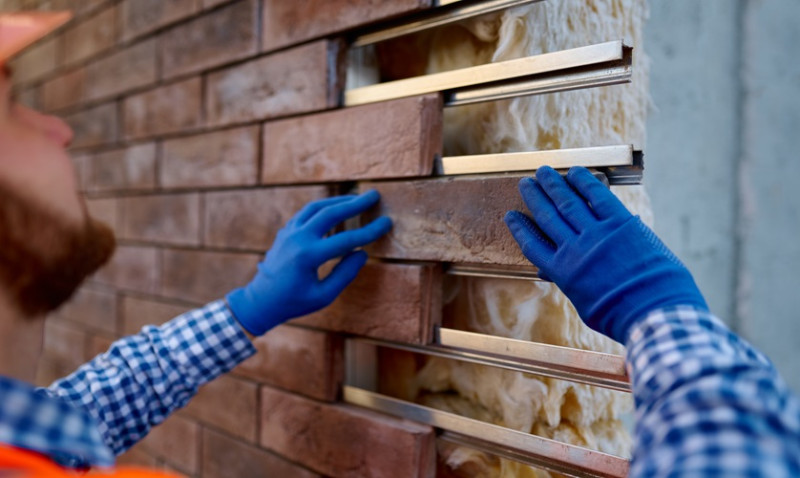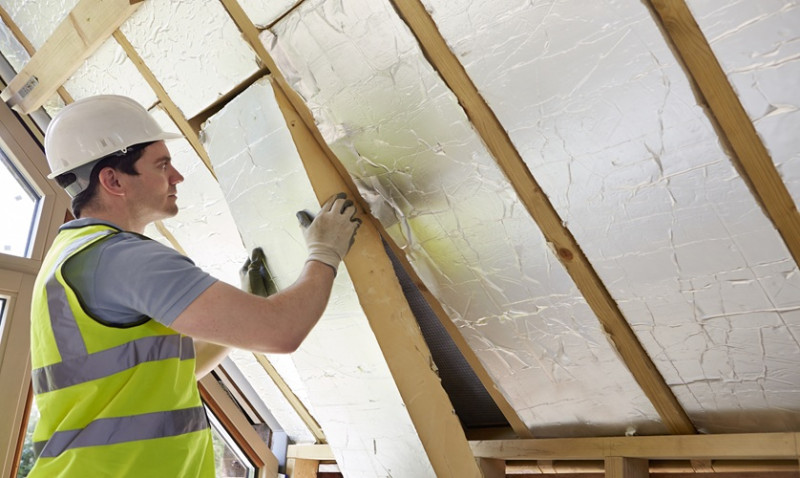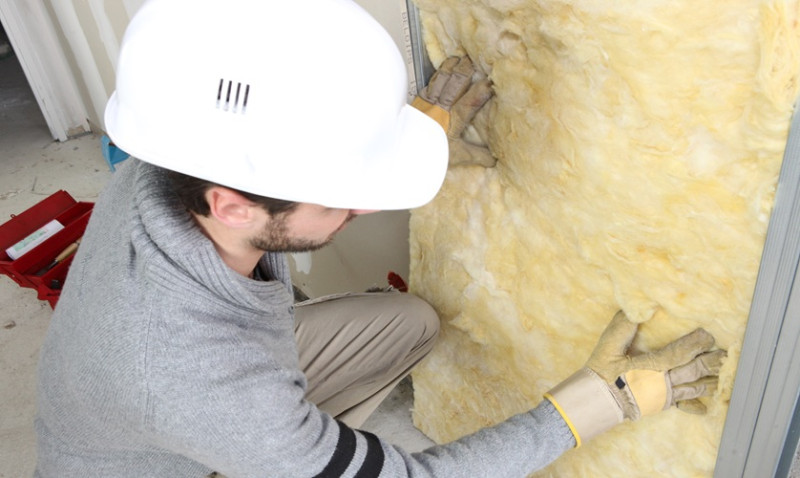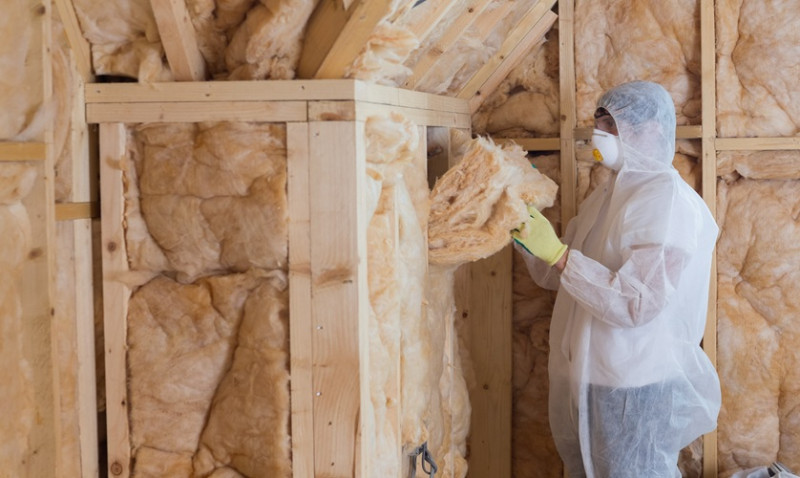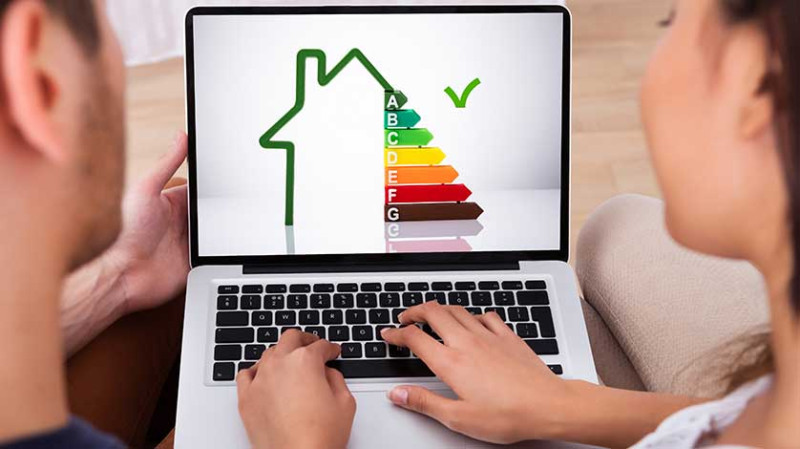
Insulating your home is one of the most effective ways to improve energy efficiency, comfort, and overall value. While many homeowners may overlook insulation, understanding its benefits can lead to significant long-term savings and a more comfortable living environment. In this blog post, we will explore the top five benefits of insulating your home and why it’s a worthwhile investment.
1. Enhanced Energy Efficiency
One of the primary benefits of home insulation is enhanced energy efficiency. Proper insulation helps to maintain a consistent indoor temperature, reducing the need for heating and cooling systems to work overtime.
How Insulation Works
Insulation acts as a barrier to heat flow. In the winter, it keeps warm air inside, while in the summer, it prevents hot air from entering your home. This balance leads to lower energy consumption and reduced utility bills.
Cost Savings
By improving energy efficiency, homeowners can see a significant reduction in their monthly energy bills. According to the U.S. Department of Energy, proper insulation can save homeowners up to 20% on heating and cooling costs.
2. Increased Comfort
Insulation not only saves money but also enhances comfort. A well-insulated home maintains a consistent temperature throughout, eliminating cold drafts and hot spots.
Improved Indoor Air Quality
Insulation also plays a role in improving indoor air quality. By preventing outside air from entering your home, insulation helps to keep pollutants, allergens, and humidity levels in check.
Noise Reduction
Another comfort-related benefit of insulation is noise reduction. Insulation materials can help dampen sound, making your home a quieter and more peaceful place to live.
3. Increased Home Value
Investing in insulation can significantly increase the value of your home. Potential buyers are often looking for energy-efficient features, and a well-insulated home is a major selling point.
Return on Investment
According to the National Association of Realtors, homeowners can expect a return on investment of up to 107% for insulation upgrades. This means that not only will you save money while living in your home, but you can also recoup your investment when it comes time to sell.
Market Appeal
In a competitive real estate market, having a home with modern insulation can set your property apart from others. Buyers are increasingly aware of energy efficiency and are willing to pay a premium for homes that offer it.
4. Environmental Benefits
Insulating your home is not just beneficial for your wallet; it’s also good for the environment. By reducing energy consumption, you are decreasing your carbon footprint.
Lower Energy Demand
When homes are well-insulated, they require less energy for heating and cooling. This reduction in energy demand leads to fewer fossil fuels being burned, which in turn lowers greenhouse gas emissions.
Support for Renewable Energy
By using less energy, homeowners can also make it easier to transition to renewable energy sources. A well-insulated home can be powered more efficiently by solar panels or wind energy, further reducing environmental impact.
5. Long-Term Durability
Proper insulation contributes to the long-term durability of your home. By regulating temperature and moisture levels, insulation helps to prevent issues such as mold growth, wood rot, and structural damage.
Moisture Control
Insulation helps to control moisture levels within your home. By preventing condensation and dampness, insulation protects your home’s structure and reduces the risk of mold and mildew.
Extending Lifespan of HVAC Systems
With less strain on heating and cooling systems due to improved insulation, these systems can last longer and require fewer repairs. This not only saves money but also reduces waste associated with replacing HVAC units.
Conclusion
Insulating your home is a smart investment that offers numerous benefits, from enhanced energy efficiency and increased comfort to improved home value and environmental sustainability. With the potential for significant cost savings and long-term durability, it’s clear that insulation is worth the investment.
If you’re considering insulating your home, consult with a professional to determine the best options for your specific needs. By taking this step, you’ll be investing in a more comfortable, efficient, and valuable home for years to come.
FAQs About Home Insulation
What types of insulation are available?
There are several types of insulation, including fiberglass, foam board, spray foam, and cellulose. Each type has its own benefits and is suitable for different areas of the home.
How do I know if my home needs insulation?
Signs that your home may need insulation include high energy bills, drafts, uneven temperatures, and excessive noise from outside. A professional energy audit can also help identify insulation needs.
Is insulation a DIY project?
While some insulation projects can be done by homeowners, it’s often best to hire a professional. Proper installation is crucial for maximizing the benefits of insulation.
How much can I save by insulating my home?
Homeowners can save anywhere from 10% to 20% on their energy bills by properly insulating their homes, depending on the current insulation levels and the type of insulation used.
Are there any government incentives for insulation?
Many governments offer tax credits, rebates, or other incentives for homeowners who invest in energy-efficient upgrades, including insulation. Check with local and federal programs to see what is available in your area.

